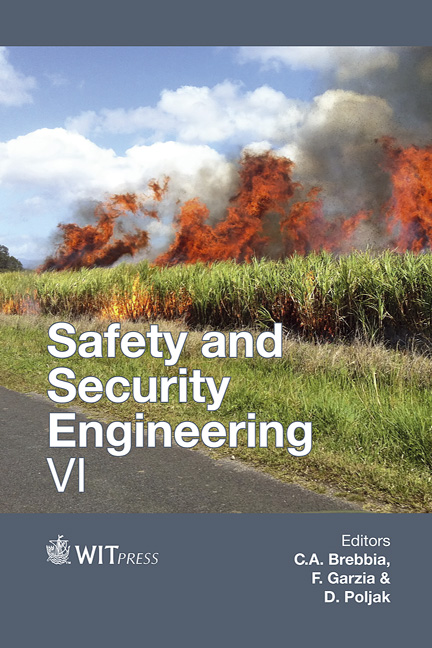Risk Assessment Of A Petroleum Product Pipeline In Nigeria: The Realities Of Managing Problems Of Theft/sabotage
Price
Free (open access)
Transaction
Volume
151
Pages
12
Page Range
49 - 60
Published
2015
Size
704 kb
Paper DOI
10.2495/SAFE150051
Copyright
WIT Press
Author(s)
A. Ambituuni, P. Hopkins, J. M. Amezaga, D. Werner, J. M. Wood
Abstract
Pipelines carrying oil and gas are very safe forms of energy transportation, but they do sometimes fail.
In the Developed World these failures are usually associated with impact damage (e.g. from earth moving equipment), corrosion, or manufacturing faults in the pipeline materials. In the Developing World theft and sabotage is a major, and increasing cause of failure. Countries such as China, Mexico, and Nigeria have major problems with theft of pipeline products, sabotage, and vandalism.
This paper reviews pipeline failures in Nigeria, focusing on pipelines carrying hydrocarbon liquids. The review clearly shows that theft/sabotage is the major cause of failure to pipelines, and the recorded failure rates (0.35 per km-year) are well above failure rates reported on other pipeline systems around the world.
Fatalities from pipeline failures range from 0.04 to 0.38 per km-yr, depending on the region in Nigeria. Additionally, on average, the operator of the pipeline system considered in this paper loses about $US100million/year due to these failures. This value does not consider the costs associated with payment of compensation, fines, environmental clean-ups, litigation, etc. The paper concludes with recommendations to improve pipeline safety systems to reduce these fatalities and costs.
Keywords
pipeline risk assessment, petroleum products, theft, sabotage, Nigeria





